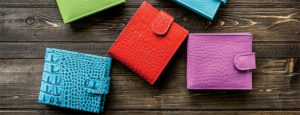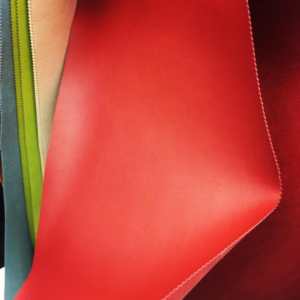While research into lab grown leather as an alternative to the regular animal-based material carries on, a firm in the north of Italy has been working on an ingenious and versatile plant-based alternative.
Frumat‘s Apple Skin is a bio-based leather alternative derived from the apple industry food waste. Born in the Tyrol region in the north of Italy, a region renown for the production of apples and which every year is faced with a significant amount of waste, Frumat developed a new raw material to answer both the local apple-waste issue and the increasing demand for ecological alternatives to leather. The result is a cellulose-based material featuring a variety of textures, thicknesses and embossing and laser prints, allowing for it to be used across industry and that can easily It can be produced on demand and easily personalised.
The company has two lines of production. Frumat Apple Skin is currently being used in the fashion and furnishing industry due to the product’s ability to be worked into different textures. The softer fibre is ideal for textiles with a direct application in the clothing and apparel industry. The sturdier, thicker version PU leather alternative, made of 50% recycled apple fibre and 50% polyurethane (hence the name PU), is currently being used for shoes and luggage articles as well as furnishing and upholstery. While Frumat Apple Paper, also produced in a number of versions each one with specific properties, is being already widely employed in the production of stationary articles as well as being used as tissue and packaging material.
By using apple skins and cores sourced locally, Frumat offers a versatile, high performing alternative to both leather and paper with a low environmental impact. The company is now one of the most dynamic realities in the field of agricultural and food waste recycling.





